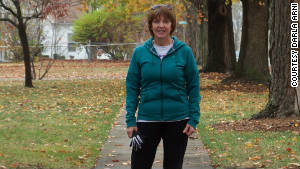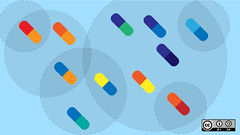Mental Health, Brain | featured news
How to cut your risk of memory loss
Senh: Contrary to conventional wisdom, doing crossword puzzles and sudoku is not the answer. It's most exercise. Afterwards, it's being social engaged and picking up new skills or trying new things.





